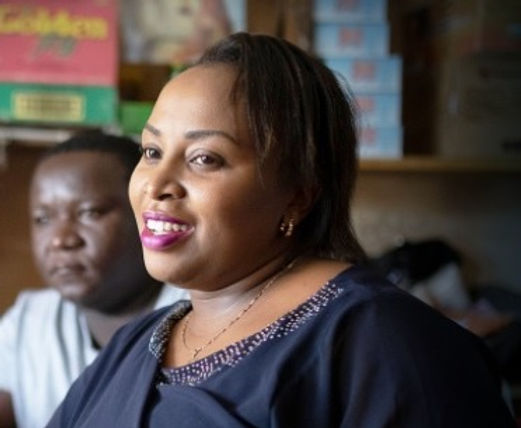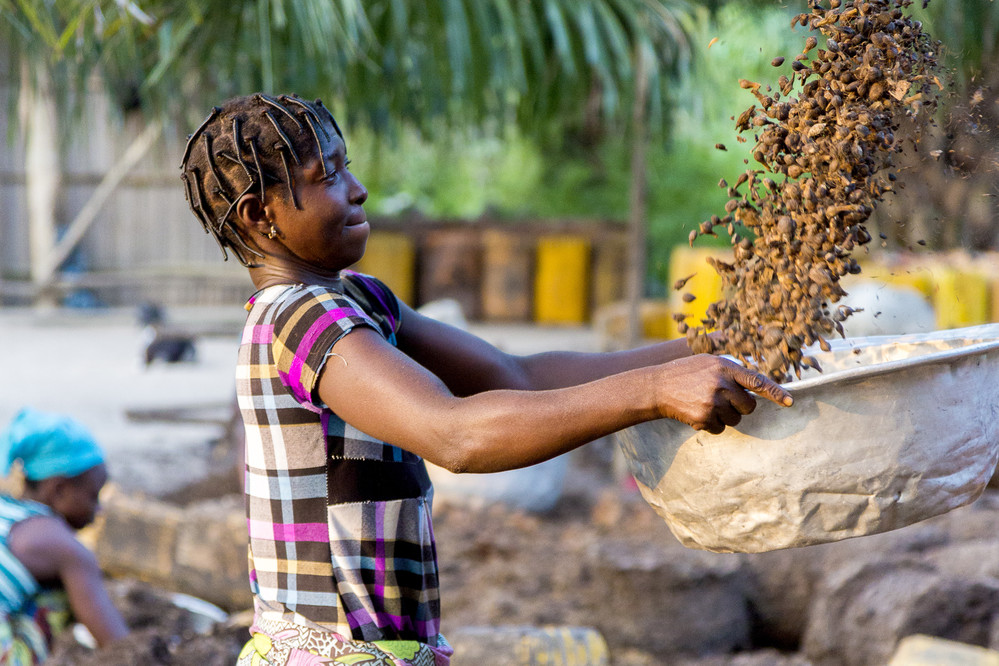To support the development of Rwanda's capital markets, IFC, the National Bank of Rwanda and Rwanda's Capital Markets Authority (CMA) today announced a four-year partnership that will help expand access to long-term local currency finance in Rwanda for key sectors such as housing, agribusiness, and smaller businesses.

Image: IFC
Liquid, diverse and well-regulated local capital markets are an essential source of local-currency financing for the government, financial sector participants, and end users such as small businesses. Under the Rwanda Capital Market Development project, IFC will advise the National Bank of Rwanda, CMA, and other key stakeholders on increasing secondary market liquidity in the government debt market, increasing the supply and issuance of non-government bonds, and developing a professional investor base.
IFC will also provide advice on adopting appropriate investment guidelines and help assess the potential for alternative investment vehicles and instruments to mobilize long-term financing for key sectors. While Rwanda's capital market has developed a basic enabling regulatory framework since its inception in 2007, it requires further development to enable more issuance of securities and strengthen the capacity of market players, intermediaries, investors and issuers.
“IFC's support will enable the local capital market industry to play a key role in supporting Rwanda's economic development by improving the framework for money markets and government securities markets, among others. Strengthening the financial management and governance of businesses will benefit the banks that lend to them and enable them to access capital markets for funding,” said John Rwangombwa, Governor of the National Bank of Rwanda.
“The Rwanda Capital Market Development project will contribute to further developing the local capital market industry by making it more diverse and liquid. However, tapping the Rwandan capital markets as an essential source of local currency financing for both the private sector and government requires the development of financing techniques and instruments that meet the requirements of capital market investors,” said Eric Bundugu, Ag. Executive Director of the Rwanda Capital Market Authority.
“Through the Rwanda Capital Market Development project, IFC will support the creation of a solid enabling environment for crowding in private sector finance into key sectors for economic development. Better developed domestic capital markets can help allocate investment more efficiently and allow for better risk-sharing, while providing an alternative funding source to complement bank financing,” said Dan Kasirye, IFC's Resident Representative for Rwanda.
The initiative follows IFC's support in 2008 to CMA and other key stakeholders under the Efficient Securities Markets Institutional Development Africa program to help improve local expertise and design effective environments for mobilizing long-term capital.
This article was originally published by IFC.

